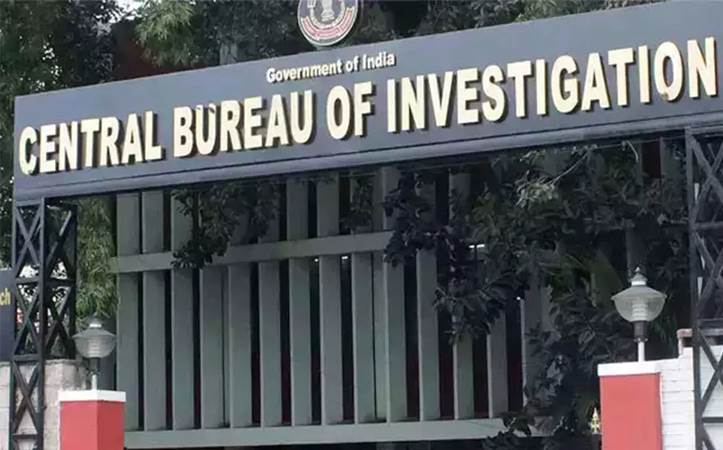Description

Copyright infringement not intended
In News
- The State government of Maharashtra has reversed the decision of the previous government and restored general consent to the Central Bureau of Investigation (CBI) to investigate cases in Maharashtra.
About General consent
- The Central Bureau of Investigation (CBI) is governed by the Delhi Special Police Establishment (DSPE) Act, 1946, and it must mandatorily obtain the consent of the state government before beginning to investigate a crime in a state.
- General consent is normally given by states to help the CBI in a seamless investigation of cases of corruption against central government employees in their states.
- In the absence of general consent, CBI would have to apply to the state government in every case, and before taking even small actions.

About Central Bureau of Investigation (CBI)
- The Central Bureau of Investigation (CBI) was set up in 1963 by a resolution of the Ministry of Home Affairs. Later, it was transferred to the Ministry of Personnel.
- The Special Police Establishment setup in 1941 was also merged with the CBI.
- The establishment of the CBI was recommended by the Santhanam Committee on Prevention of Corruption (1962–1964).
- The CBI is not a statutory body. It derives its powers from the Delhi Special Police Establishment Act, of 1946.
- The CBI is the main investigating agency of the Central Government. It plays an important role in the prevention of corruption and maintaining integrity in administration.
- It also assists the Central Vigilance Commission and Lokpal.
- The CBI investigates crimes of corruption, economic offences and serious and organized crime other than terrorism.
- For terrorism: The National Investigation Agency (NIA) has been constituted after the Mumbai terror attack in 2008 mainly for investigation of incidents of terrorist attacks, funding of terrorism and other terror-related crime.
- CBI is headed by a Director. He is assisted by a special director or an additional director.
- The Central Government appoints the Director of CBI on the recommendation of a three-member committee consisting of;
- The Prime Minister as Chairperson
- The Leader of Opposition in the Lok Sabha
- The Chief Justice of India or Judge of the Supreme Court nominated by him.
Cases Investigated by the CBI
- Anti-Corruption Crimes - Investigate cases under the Prevention of Corruption Act against Public officials and the employees of the Central Government, Public Sector Undertakings, Corporations or Bodies owned or controlled by the Government of India.
- Economic Crimes - Investigate major financial scams and serious economic frauds, including crimes relating to Fake Indian Currency Notes, Bank fraud and Cyber Crime, and Smuggling of narcotics, antiques, cultural property and smuggling etc.
- Special Crimes - Investigate seriously and organized crime under the Indian Penal Code and other laws at the requests of State Governments or on the orders of the Supreme Court and High Courts.
- Suo Moto Cases - CBI can suo-moto take up investigation of offences only in the Union Territories.
- The Central Government can authorise CBI to investigate a crime in a State but only with the consent of the concerned State Government.
- The Supreme Court and High Courts, however, can order CBI to investigate a crime anywhere in the country without the consent of the State.
https://indianexpress.com/article/explained/everyday-explainers/cbi-general-consent-eknath-shinde-maharashtra-government-8223269/
https://t.me/+hJqMV1O0se03Njk9













